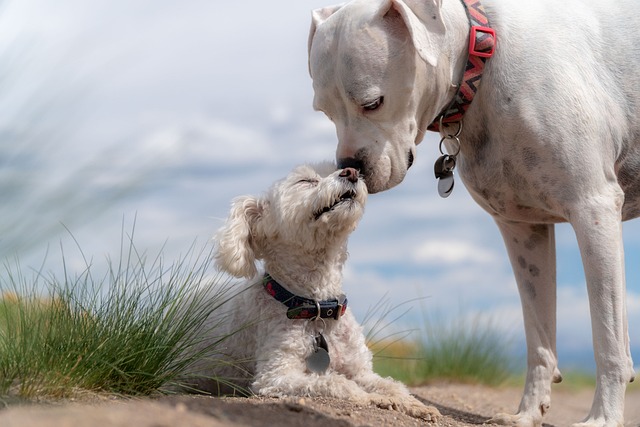How to Train Your Puppy Effectively
As a new puppy owner, you’re probably eager to start training your furry friend and establish a strong bond with them. However, training a puppy requires patience, consistency, and positive reinforcement. In this article, we’ll provide you with a comprehensive guide on how to train your puppy effectively, covering essential steps, tips, and best practices to help you raise a well-behaved and loyal companion.
First and foremost, it’s crucial to establish a routine and set clear boundaries for your puppy. This will help them understand what is expected of them and prevent unwanted behaviors like chewing or digging. Start by creating a schedule for feeding, exercise, and playtime, and stick to it as much as possible.
One of the most effective ways to train a puppy is through positive reinforcement. Rewarding good behavior with treats, praise, and affection helps your puppy associate desired actions with positive outcomes. For example, when your puppy sits on command, reward them with a treat and praise their efforts. This approach encourages good behavior and reinforces learning.
Housebreaking is another critical aspect of training a puppy. To achieve successful housebreaking, establish a designated potty area outside, such as a grassy spot or puppy pad. Take your puppy to this area immediately after meals, naps, and playtime to create a connection between the act of eliminating and the designated potty area.
Consistency is key when it comes to training a puppy. Avoid punishing or scolding your puppy for accidents, as this can create negative associations and make the housebreaking process more challenging. Instead, calmly guide your puppy back to the designated potty area and reward them for successful eliminations.
Socialization is another vital aspect of puppy training. Expose your puppy to various environments, people, and other animals to help them develop social skills and confidence. Introduce new experiences gradually, starting with short, controlled interactions, and gradually increasing exposure over time.
Crate Training can be a helpful tool in the housebreaking process. Crate training involves confining your puppy to a crate when you’re not home or during periods of separation to prevent accidents and provide a safe space for them to relax.
Tips for Successful Puppy Training
* Start with short training sessions (5-10 minutes) and gradually increase duration as your puppy grows and matures.
* Use high-value treats and toys to motivate and reward good behavior.
* Be patient and consistent, as training a puppy takes time and effort.
* Avoid over-exercising or pushing your puppy too hard, as this can lead to physical exhaustion and mental burnout.
* Provide plenty of love, attention, and affection to help build trust and strengthen the bond between you and your puppy.
Conclusion
Training a puppy effectively requires patience, consistency, and positive reinforcement. By establishing a routine, using positive reinforcement techniques, and socializing your puppy, you can set them up for success and create a strong foundation for their future behavior. Remember to stay calm, patient, and consistent, and don’t hesitate to seek professional help if you encounter any challenges or concerns during the training process.
—
Tags
Puppy Training, Positive Reinforcement, Housebreaking, Socialization, Crate Training, Puppy Behavior, Dog Training Tips
